Bow, NH, looks to Lebanon for inspiration on composting program
| Published: 06-21-2023 10:38 PM |
Sherri Cheney was awed by the sight of towering mounds of food scraps mixed with ground-up wood chips from demolition debris, reaching a height of at least 7 feet at the Lebanon landfill’s transfer station. These piles of waste were being converted into nutrient-rich compost instead of being destined for a landfill.
Cheney, chair of the recycling and solid waste committee in Bow, N.H., along with committee member Danielle Ruane, visited the transfer station to learn some tricks of the trade as Bow prepares to implement its own food composting program next month.
While Bow won’t undertake a program on the same scale as Lebanon, the visit served as a valuable educational experience for the committee members, deepening their understanding of the composting process.
“I think it’s a wonderful thing that they are doing, but it’s not something that we would undertake,” Cheney said of the operation’s scope, as Lebanon extends its program to 23 towns in the area, including some in Vermont. “It has helped educate those of us that went as to what the process is.”
One aspect of composting that Bow’s solid waste committee members — along with Cheney’s husband, Bob Cheney — quickly discovered was its pungent odor, which was a combination of the morning’s collection of horse manure and the odor of rotten eggs. While the scent hung heavily in the air, it was barely noticeable away from the site.
The transfer station picked up the horse manure because the compost piles desperately needed a nitrogen boost, according to Erica Douglas, solid waste manager at the Lebanon transfer station.
When residents dispose of their food scraps, including dairy and meat in a designated blue bin located at Lebanon’s solid waste facility, they are mixed in with a layer of wood chips and another layer of dirt.
With plenty of oxygen, the decomposition process changes it into nutrient-rich compost, which is spread along the slopes of the on-site landfill to help control erosion.
Article continues after...
Yesterday's Most Read Articles
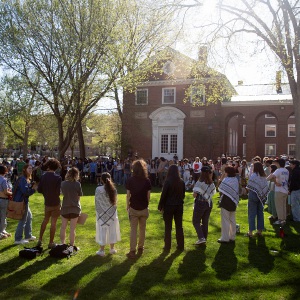 Dartmouth administration faces fierce criticism over protest arrests
Dartmouth administration faces fierce criticism over protest arrests
 Three vie for two Hanover Selectboard seats
Three vie for two Hanover Selectboard seats
 A Look Back: Upper Valley dining scene changes with the times
A Look Back: Upper Valley dining scene changes with the times
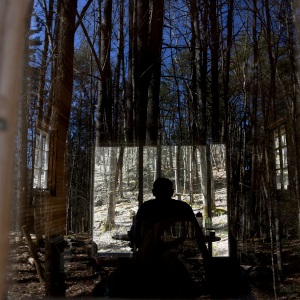 Norwich author and educator sees schools as a reflection of communities
Norwich author and educator sees schools as a reflection of communities
If the compost tests well without any contamination for heavy metals, it would be used as soil for city projects, said Douglas.
“Our City Council is definitely concerned about our landfill capacity and just making sure that we’re doing everything we can to really preserve our capacity,” Douglas said, explaining how the composting program is environmentally beneficial but also frees up space for the future.
Recognizing the benefits of composting, Bow has adopted a more scaled-back approach with the town opting to contract with Renewal Compost, a pick-up service catering to both residential and commercial needs, for a six-month pilot program aimed at diverting food waste.
Starting in July, residents will have access to two 64-gallon totes located at the community building, where they can drop off their food waste.
Additionally, the committee intends to offer five-gallon buckets for purchase for residents who’d like to compost at home.
While the program is free of charge for residents, the town incurs an initial starter fee of $270, along with a monthly expense of $104 to cover the cost of weekly pickups.
After visiting the composting operation in Lebanon, Cheney said the committee would not encourage dumping food waste in compostable bags because of how slowly they broke down in the compost piles.
“They are of course permitted in there, so I wouldn’t do anything if they showed up, but they weren’t composting very well in Lebanon,” Cheney said. “So I don’t think it’s probably a very good idea.”
Usually, if temperature and nitrogen content are maintained, food scrap piles would turn into compost within three months.
But even in compost piles as old as nine months, while the organic materials like vegetable and fruit peels, dairy and meat products had completely broken down to compost, the green BPI-certified compostable bags, for the most part, were still visible.
Depending on how well the program is received, another tote will be placed at the high school in September said Cheney.
“I’m fairly certain it will work well, since the food director at the school is excited and onboard with it,” Cheney said. “She’s done some composting with student projects before and knows she’ll be successful at it.”
Along with food waste composting, the committee has taken steps to implement recycling through Terracycle, a company specializing in recycling hard-to-recycle materials. When the program launches, residents would be able to bring in items such as plastic storage containers, toothbrushes and dental product packaging, and plastic squeeze snack pouches for recycling.

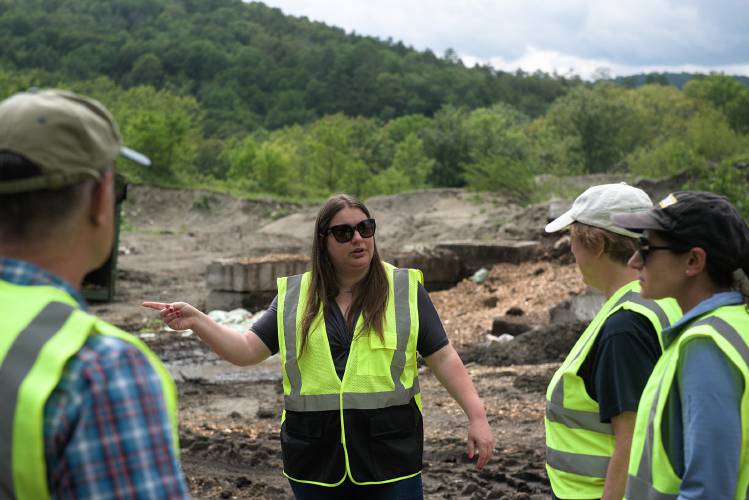
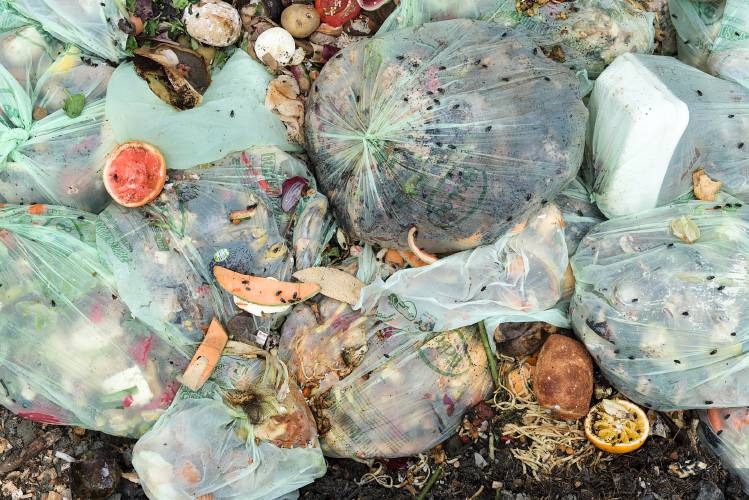
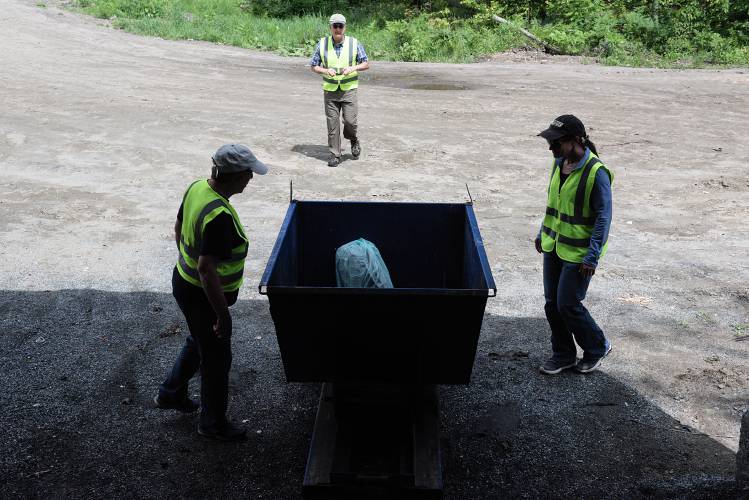
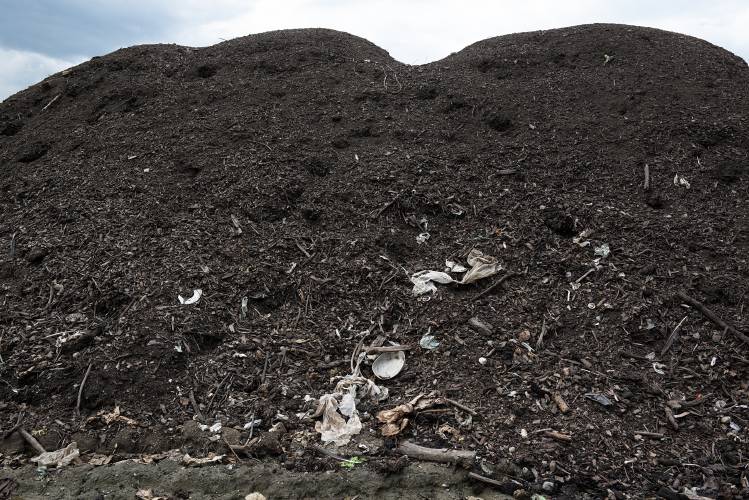
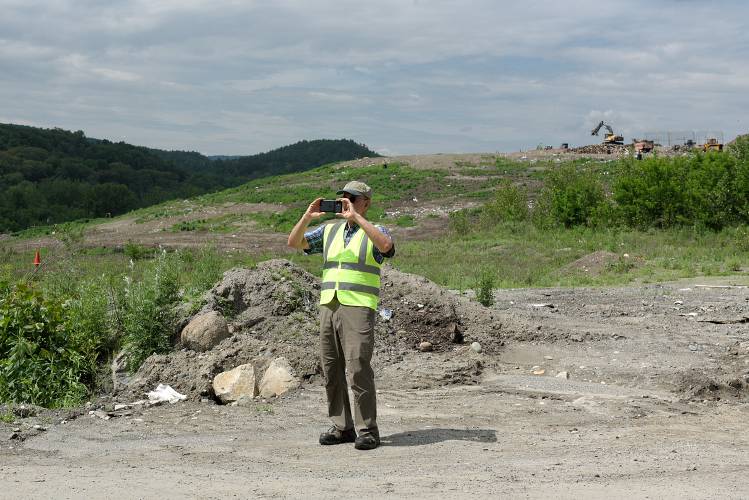
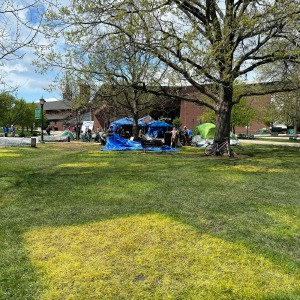 Students take down pro-Palestinian encampment at UVM
Students take down pro-Palestinian encampment at UVM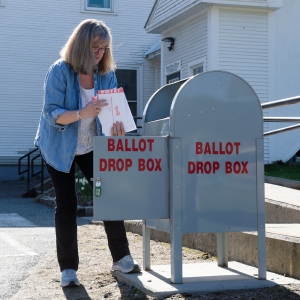 Sharon voters turn back proposal to renovate school
Sharon voters turn back proposal to renovate school
